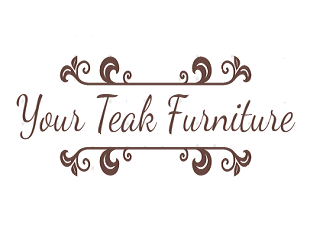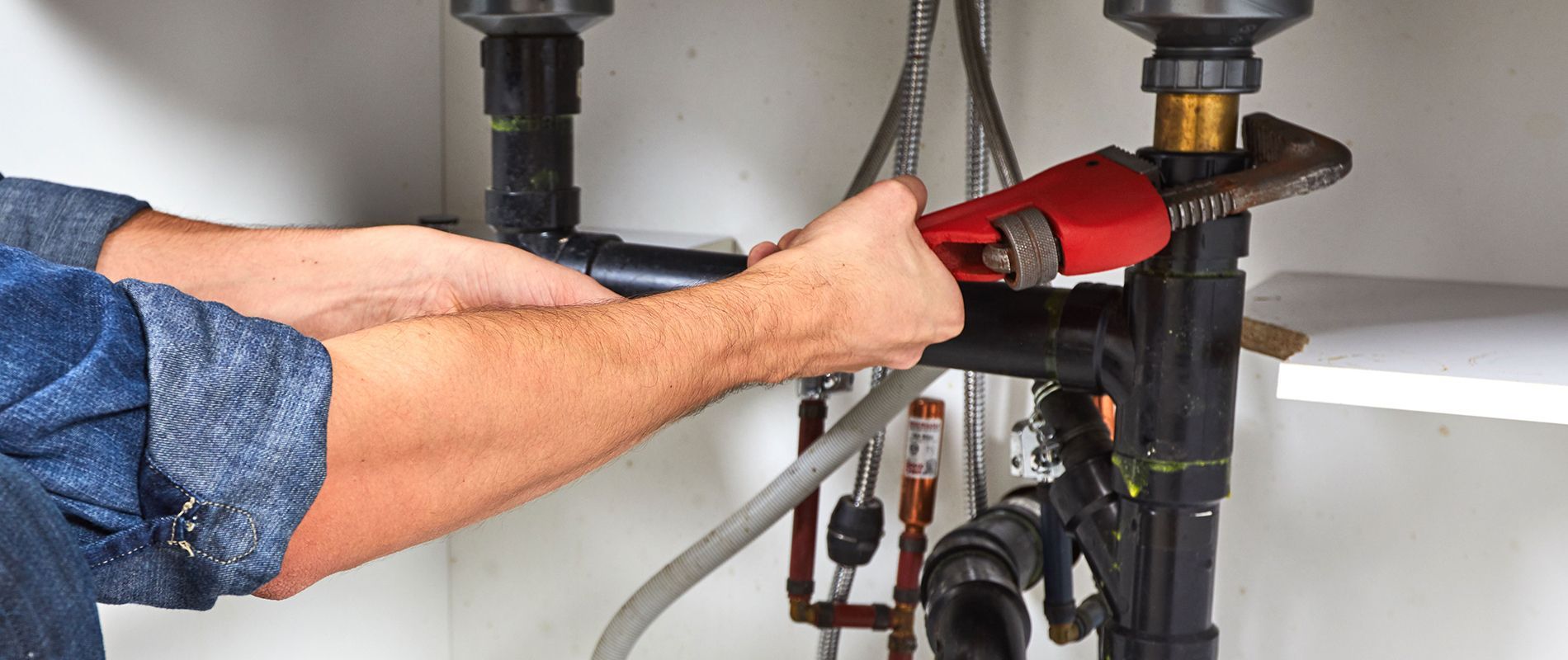Keeping your plumbing system in good condition ensures efficient operations and minimizes potential issues, like leaks and blockages, that could affect your household’s safety and comfort. That’s why routine maintenance should be a top priority for homeowners. Below is a checklist of some helpful plumbing tips to keep your system healthy and functional.
Monthly
- Check for Leaks: Even minor leaks can easily worsen and result in more severe issues, like cracked or burst pipes. To prevent this, it’s essential to inspect all faucets and sinks in your bathroom and kitchen for signs of leaks and drips.
- Clean Drains: Many households experience blocked drainages. Pouring a mixture of hot water and vinegar down your drains can help clear any potential buildup. If this doesn’t work, or you notice signs of a clog, consult an expert. You can also minimize the chances of blocked drains by using a strainer to catch debris.
- Inspect Pipes: Pipes can become damaged over time, so monthly inspections are a must. Check for signs of moisture, rust, or white deposits that could signal a leak or corrosion. You should also be on the lookout for visible damage, like dents and cracks, that could worsen and lead to burst pipes.
- Test Water Pressure: Excessive water pressure can strain and damage your piping, which could result in high utility bills. Use a water pressure gauge to determine if it’s set to the recommended safe level, which is between 40 and 60 psi. If not, adjust the pressure regulator as necessary.
Quarterly
- Inspect the Water Heater: This appliance provides a consistent hot water supply year-round, so ensuring its optimal functionality is vital. Check the tank for leaks, rust, or any visible damage. You should also inspect for debris or sediment buildup that could affect your water heater’s efficiency and lifespan. If needed, consult an expert to ensure the right plan of action for maintaining your unit.
- Examine Toilets: Maintaining your toilets involves looking for leaks, testing the flush handle and flapper, and checking for wobbling or instability. While it’s easy to tighten loose bolts and replace damaged components, leaks, and other issues beyond your capabilities should be handled by an expert.
- Clean or Replace Faucet Aerators: Faucet aerators are components that allow a constant, splash-free stream of water. Over time, mineral deposits can build up and affect their performance. To clean your aerators, simply remove them from your faucets and soak them in a solution of water and vinegar. These can also be replaced if necessary to maintain your faucet’s optimal functionality.
- Check Outdoor Plumbing: Weather and seasonal changes can affect your outdoor pipes, hoses, and other fixtures. It’s best to examine these components to see if there are existing leaks, clogs, or cracks and repair or replace them as needed.
Annually
- Flush the Water Heater: Flushing your water heater every year prevents sediment and rust from accumulating inside the tank. This can be done by yourself or through a professional. Replacing the anode rod when it’s already rusted also helps minimize corrosion.
- Inspect the Sewer Line and Septic System:A backed-up sewer line not only results in costly repairs but also poses health hazards for your household. Routine inspection by an experienced plumber allows you to spot early signs of this issue and fix them before it worsens.
They can check if your sewer lines have clogs, misaligned pipes, or tree root intrusions that could be damaging. Meanwhile, your septic system will be checked for foul odors or standing water near the drain field or tank. A professional can ensure a proper diagnosis and determine if your septic tank needs pumping.
- Get Professional Inspection: While plumbing tips can help you care for your piping and fixtures, having expert assistance can make a big difference. They can ensure your system is functional and efficient, helping prevent severe issues through early detection and suitable solutions.
With this maintenance checklist, you can better care for your home plumbing system. That said, depending on your piping and fixtures, some inspections should be done more times than what’s stated for sufficient upkeep. Consulting an expert can help you determine the ideal maintenance routine for your plumbing. Contact a reputable plumber near you for more plumbing tips and reliable repair and maintenance services.

